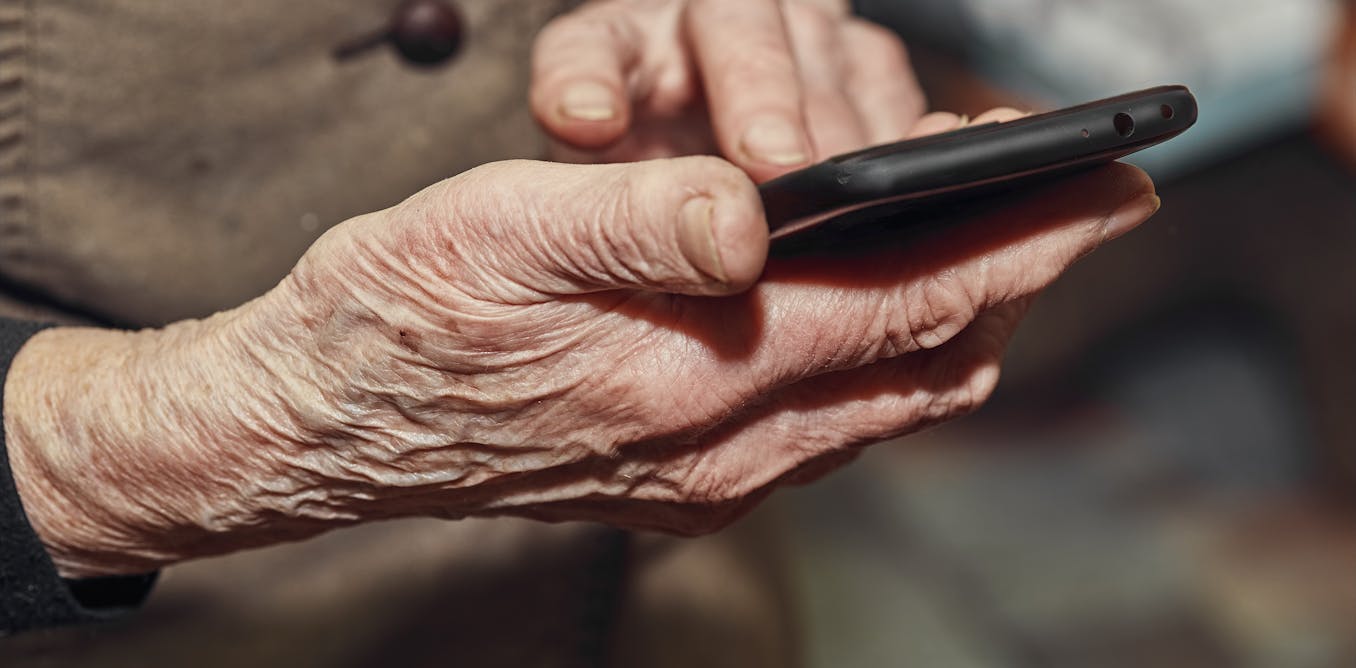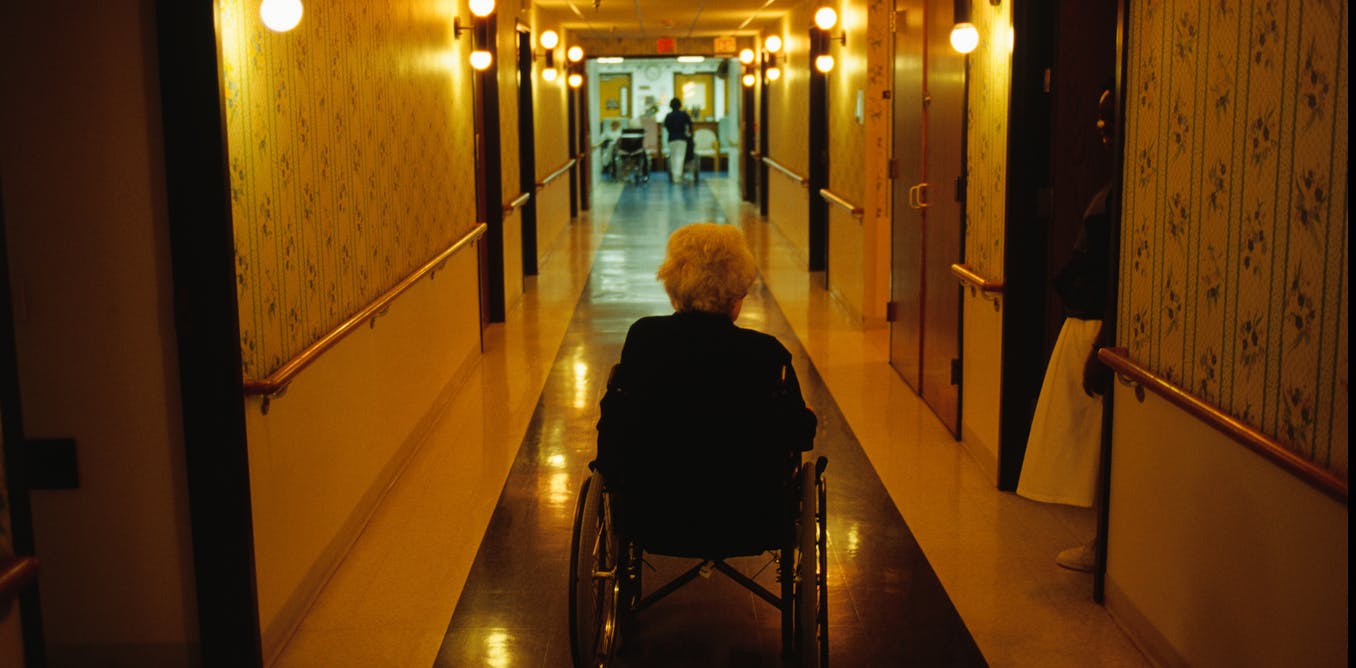Older Americans are given the wrong idea about online safety – here's how to help them help themselves
Older Americans are often taught to be fearful of hackers and scammers in their midst while also being told to investigate potential threats. Better advice is to not engage.
March 22, 2022 • ~9 min




